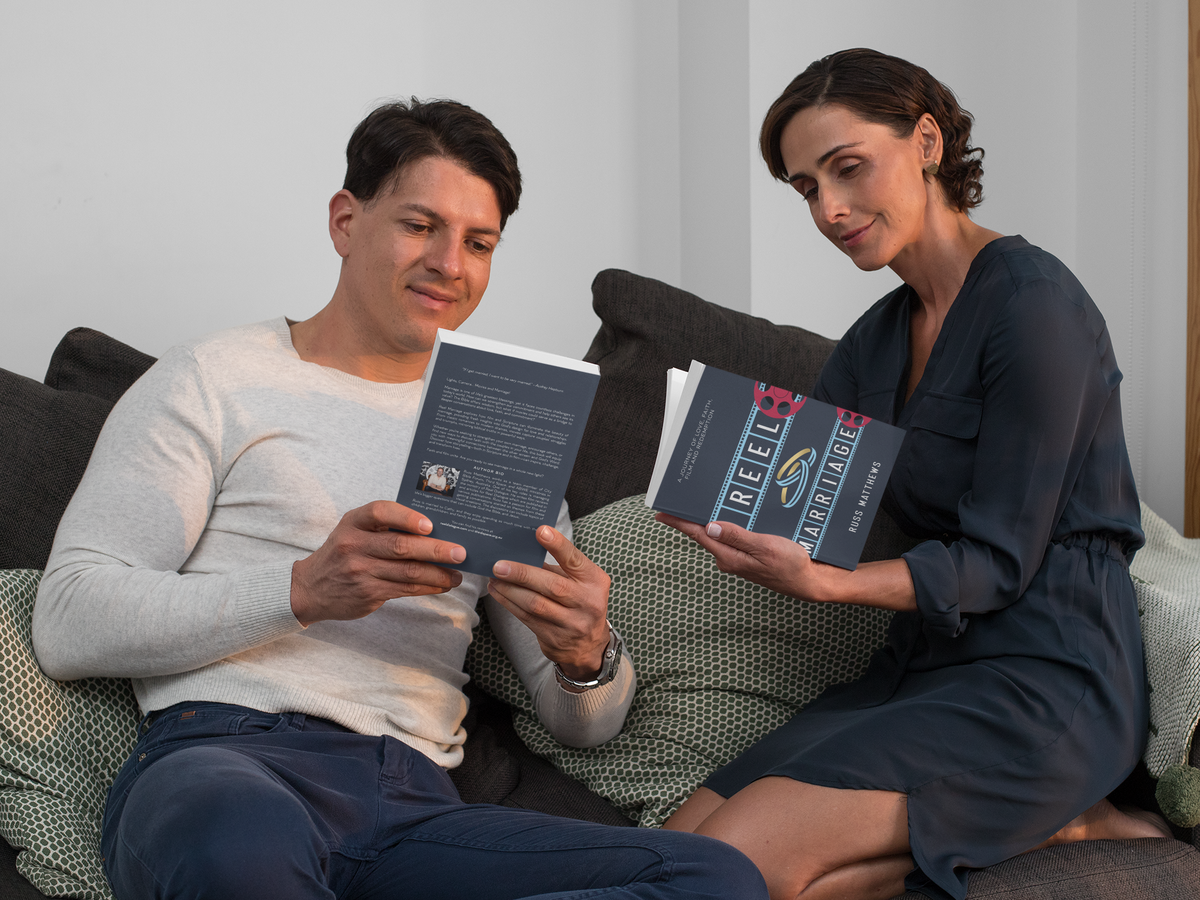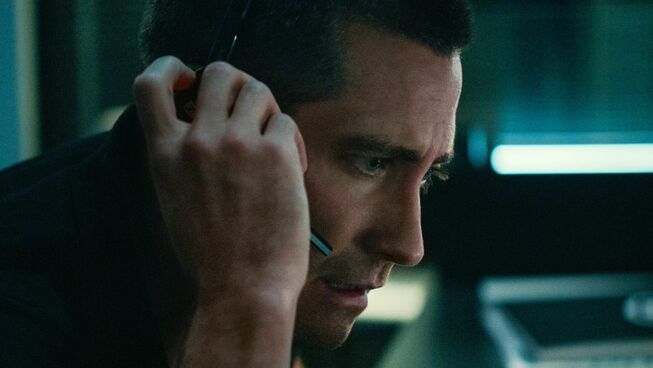
⭐️ ⭐️ ⭐️ 1/2 (out of 5)
In William Shakespeare’s The Merchant of Venice, when asked about his friend, the young Lancelot Gobbo states, ‘Well, old man, I will tell you news of your son: give me your blessing: truth will come to light; murder cannot be hid long; a man’s son may, but at the length truth will out.“ In true Shakespearean style, he weaves together the English language in a manner that dramatically says that no matter what one does to cover something up, the truth will eventually come out.
‘The truth will out’ helps set the stage for what will come in Lucy Campbell’s script, which involves a recently disgraced journalist trying to reinvent herself. The writer, played by Lucy Sullivan (Mental), desperately attempts to find a story for her podcast when she gets an anonymous email with a quote from Shakespeare’s play. She eventually decides to take the bait and unearths an unexpected tale that involves a series of black bricks that haunt the lives of the unsuspecting owners. As she dives down the rabbit hole into each extraordinary experience, the young podcaster realises she has been given a legitimate story that provides the clickbait she needs to redeem her career. Until things begin to unravel in her investigation as the trails of each story lead closer to spiritual and haunting epiphanies that hit close to her own life.
Director Matt Vesely taps into the tension between callers, reminiscent of Phone Booth or Jake Gyllanhaal’s The Guilty. He shows a marvellous command of storytelling in the first two acts as he slowly unpacks the background of his central character. Lucy Sullivan gives an outstanding performance as she personifies her cleverly flawed character. The pairing of brilliant direction and a talented lead actress creates a great setup that leaves enough breadcrumbs for audiences to yearn for the answers to this psychologically manipulating journey. Each step along the way becomes a sci-fi mystery that demands answers from the screenplay, which are satisfying until the final act.
Campbell’s script added the necessary layers from the opening sequence to make this a compelling cinematic gem. Then, a genre gear shift that failed to support the brilliant building of the story. The intrigue and tension built to a fever pitch should draw the viewer to the edge of their seats. This is when something inexplicable and disappointing occurred, turning this film from a psychological thriller to a baffling horror. This change didn’t completely derail the overall experience. Still, it did diminish the emotional investment despite the less than satisfactory payoff in the end.
REEL DIALOGUE: The search for truth
Shakespeare’s writings show us all that the search for truth is not relegated to this era. When looking for truth, mankind has been searching for the answers since the beginning.
When looking for the answers to truth, besides relying on mere intuition and personal conjecture, the search for the answer to this question has to be outside of the human experience. Some may look for answers in science, philosophy, and religion, but how can people know where to find the answers to ethical and moral queries?
Through this journey of inquiry, the Bible is an excellent source to consider. The wisdom found in the words of this book only gives specific answers to some situations that come along. Still, it offers the framework for making the right decision. It even provides solutions to life’s more prominent considerations. In this investigation, the best places to start are in some of the books of wisdom in the Old Testament (Psalms and Proverbs) or the book of Romans in the New Testament.
Keep seeking the truth.

Reel Marriage
Lights, Camera... Movies and Marriage!
Marriage is one of life’s greatest blessings, yet it faces countless challenges in today’s world. How can we strengthen our commitment and help others see its value? The Bible offers wisdom, but what if movies could serve as a bridge to deeper conversations about love, faith, and commitment?
Reel Marriage explores how film and Scripture can illuminate the beauty of marriage, providing fresh insights into God’s design for love and relationships. From classic romances to modern dramas, movies capture couples' struggles and triumphs, mirroring biblical truths in powerful ways.
Faith and film unite. Are you ready to see marriage in a whole new light?
If you order your copy today you will also receive a complementary handbook that is only available with the purchase of the book (Print or ebook)











